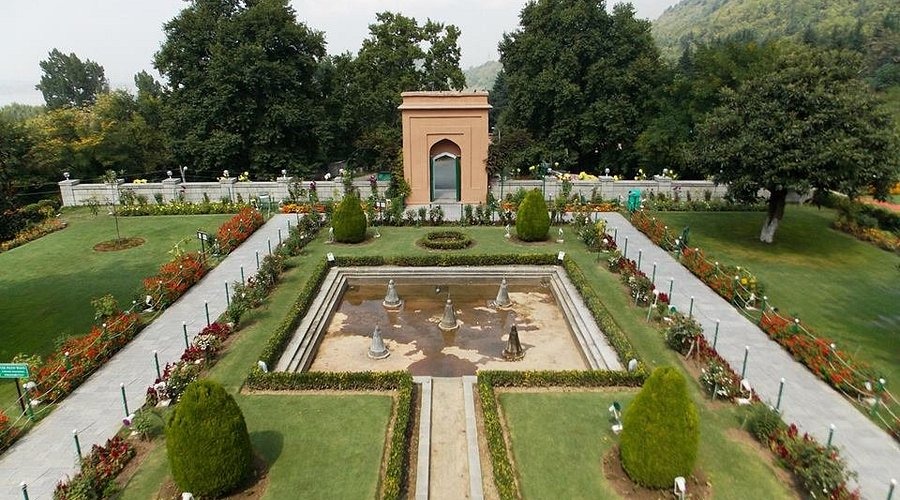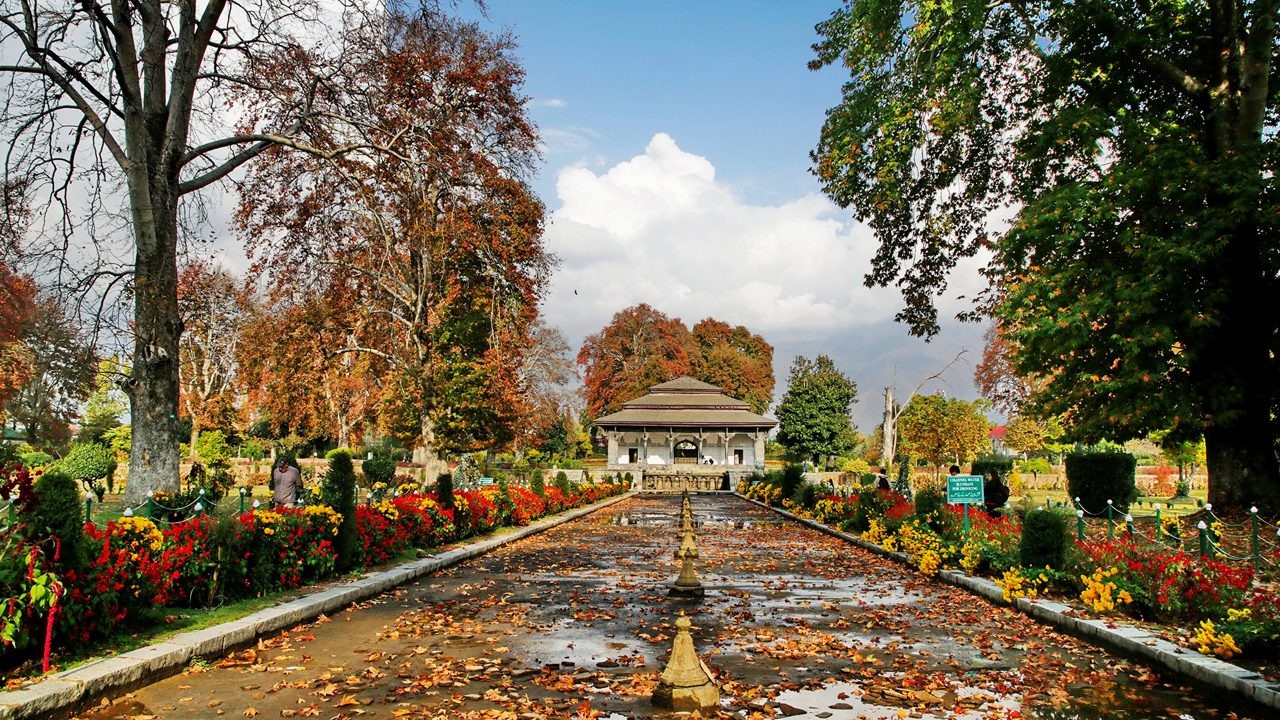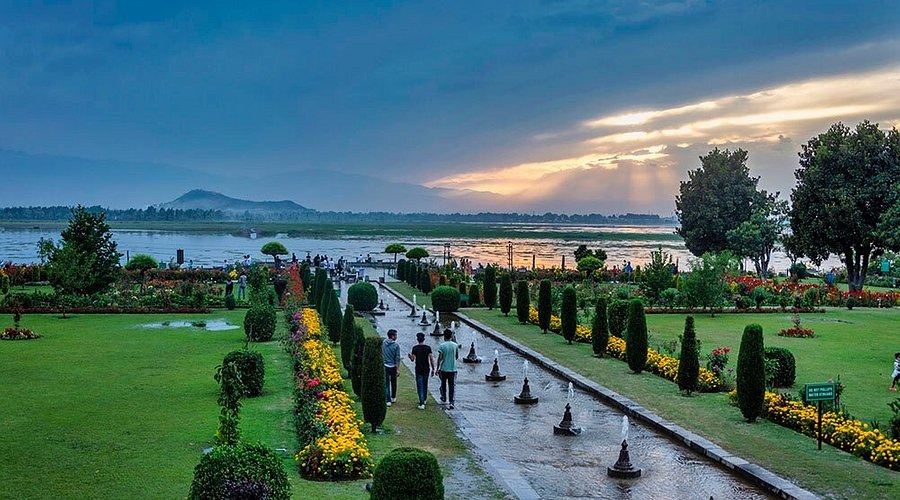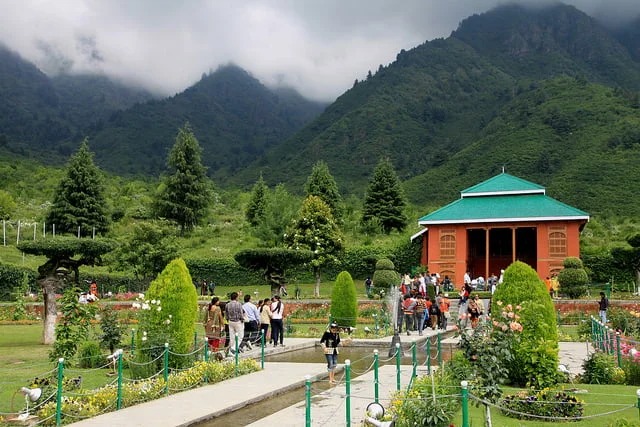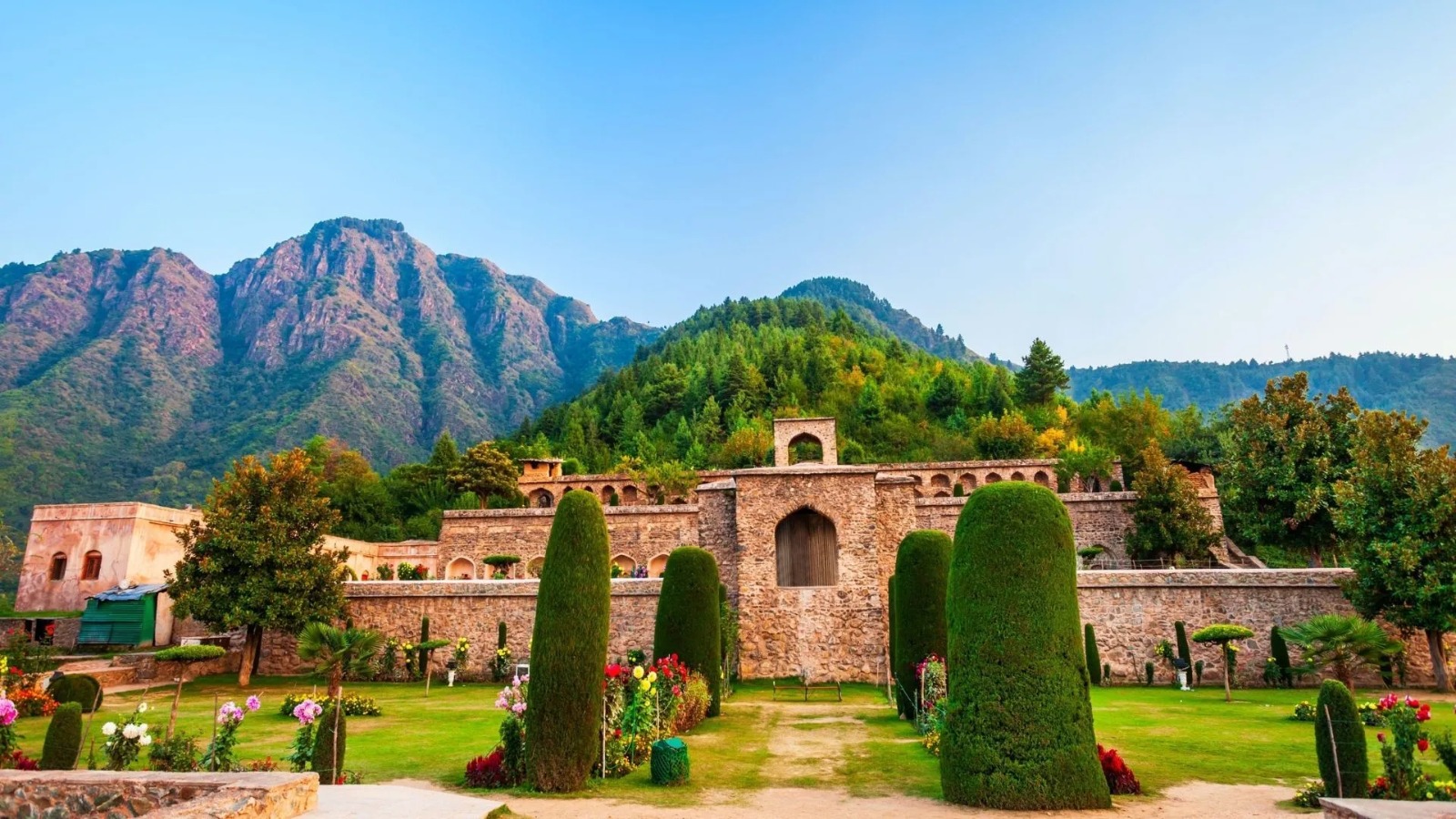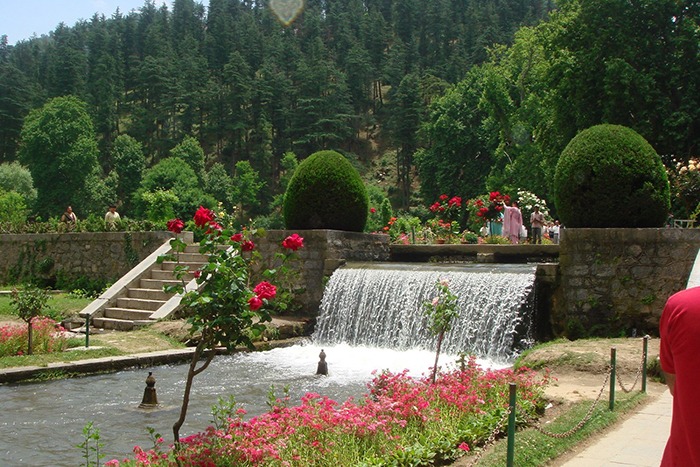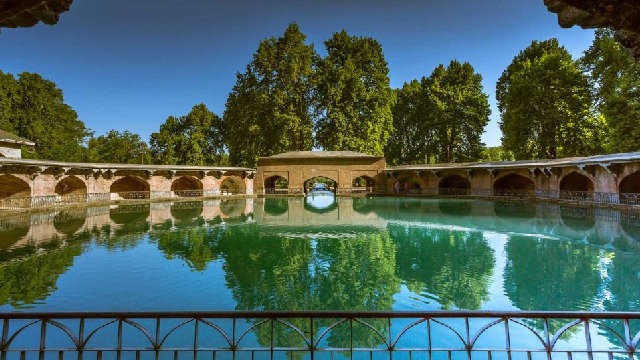Mughal Gardens & Palace Complexes – Srinagar: Where Royalty Meets Nature
Srinagar, the summer capital of Jammu & Kashmir, is often called the “Venice of the East.” While Dal Lake, houseboats, and snow-clad mountains dominate travel brochures, the city’s timeless charm is deeply rooted in its Mughal heritage. The emperors of the Mughal dynasty fell in love with the Valley’s beauty and built some of India’s most spectacular gardens and palace complexes here.
These gardens are not just tourist attractions—they are living legacies of a royal past where art, nature, and architecture blended seamlessly. If you’re planning a Delhi to Kashmir tour, visiting the Mughal Gardens in Srinagar should be at the top of your list.
A Royal Introduction to the Mughal Gardens
The Mughal emperors, particularly Jahangir and Shah Jahan, had a profound appreciation for Kashmir’s natural beauty. They envisioned Kashmir as a paradise on earth and designed terraced gardens with water channels, fountains, and grand pavilions. Inspired by Persian garden layouts and enhanced with local Kashmiri elements, these sites became leisure retreats for emperors, their queens, and courtiers.
Today, these gardens serve as a window into the opulence of Mughal lifestyle and the empire’s vision of beauty.
1. Shalimar Bagh – The Abode of Love
Commissioned by Emperor Jahangir in 1619 for his beloved wife Nur Jahan, Shalimar Bagh is the most famous Mughal garden in Srinagar. Spread across four terraces, it features symmetrical fountains, flowing water channels, and chinar trees that turn golden in autumn.
- Highlights: The fourth terrace, reserved for royalty, has exquisite black marble pavilions.
- Why Visit: Shalimar Bagh is more than a garden—it’s a love story set in stone and water.
2. Nishat Bagh – The Garden of Bliss
Laid out by Asif Khan, brother of Nur Jahan, Nishat Bagh is larger than Shalimar Bagh and is often considered its twin. Built on the eastern banks of Dal Lake, it consists of 12 terraces symbolizing the 12 zodiac signs.
- Highlights: Cascading water channels flow from one terrace to the next, offering mesmerizing views of Dal Lake with the Zabarwan mountains in the backdrop.
- Why Visit: Perfect for photography lovers and those seeking serene sunset views.
3. Chashme Shahi – The Royal Spring
Built by Ali Mardan Khan in 1632, Chashme Shahi is the smallest yet most charming of the Mughal Gardens. It is famous for its natural spring, which is believed to have medicinal properties.
- Highlights: A pavilion at the top of the garden overlooks terraced lawns and sparkling fountains.
- Why Visit: To sip from the legendary spring and admire Shah Jahan’s gift to his son Dara Shikoh.
4. Pari Mahal – The Palace of Fairies
Unlike the other gardens, Pari Mahal is a unique combination of a palace and a garden. Built by Dara Shikoh, it once served as an observatory and a center of learning. Perched on the Zabarwan Hills, it offers panoramic views of Dal Lake and Srinagar city.
- Highlights: Seven terraced gardens with arched stone structures.
- Why Visit: For its mystical atmosphere and breathtaking vistas, especially at sunset.
5. Achabal Garden – The Begum’s Retreat
Located a little outside Srinagar, Achabal Garden was designed by Nur Jahan herself. Known for its gushing springs and Mughal-style cascades, it served as her personal retreat.
- Highlights: Intricate water features and pavilions blending with natural streams.
- Why Visit: To experience a more intimate side of Mughal design and Nur Jahan’s influence.
6. Verinag Garden – The Mughal Spring
Situated at the source of the Jhelum River, Verinag Garden was built by Jahangir and later enhanced by Shah Jahan. The octagonal spring surrounded by stone pavements is its main attraction.
- Highlights: Clear blue water of the spring, ancient stone arches, and lush surroundings.
- Why Visit: To witness the architectural brilliance at the birthplace of Kashmir’s lifeline river.
The Legacy of Mughal Gardens
These gardens weren’t just ornamental landscapes—they symbolized the Mughals’ vision of paradise. The fusion of Persian symmetry, Kashmiri topography, and Islamic art created timeless masterpieces. Every fountain, terrace, and pavilion reflects a philosophy of balance, beauty, and serenity.
For travelers, they offer more than sightseeing. They are a chance to walk where emperors once strolled, to pause by fountains where poetry was recited, and to enjoy the same vistas that inspired royal painters and poets centuries ago.
Tips for Travelers
- Best Time to Visit: Spring (April–June) for blossoms, or autumn (September–October) for golden chinar leaves.
- Timing: Most gardens open from 9 AM to 7 PM.
- Photography: Carry your camera—the symmetry, mountains, and flowers create postcard-perfect frames.
- Local Experience: Pair your garden visits with a shikara ride on Dal Lake for the complete Srinagar experience.
Delhi to Kashmir Tour: Why Include Mughal Gardens?
For anyone planning a Delhi to Kashmir tour, these Mughal Gardens are unmissable. They showcase Kashmir’s royal past, natural beauty, and cultural richness all in one frame. Whether you’re a history buff, a photographer, or a romantic traveler, the gardens and palace complexes of Srinagar provide a soul-stirring journey.
Conclusion
The Mughal Gardens & Palace Complexes of Srinagar are not just historic sites—they are living poems carved in stone and nurtured with flowing water. They capture the essence of Kashmir as paradise on earth, just as the Mughals once envisioned.
When you stand under the shade of a chinar in Shalimar, watch the sunset from Pari Mahal, or sip spring water at Chashme Shahi, you’re not just seeing Srinagar—you’re experiencing centuries of royal history. On your next trip, make sure these treasures are at the heart of your itinerary.

